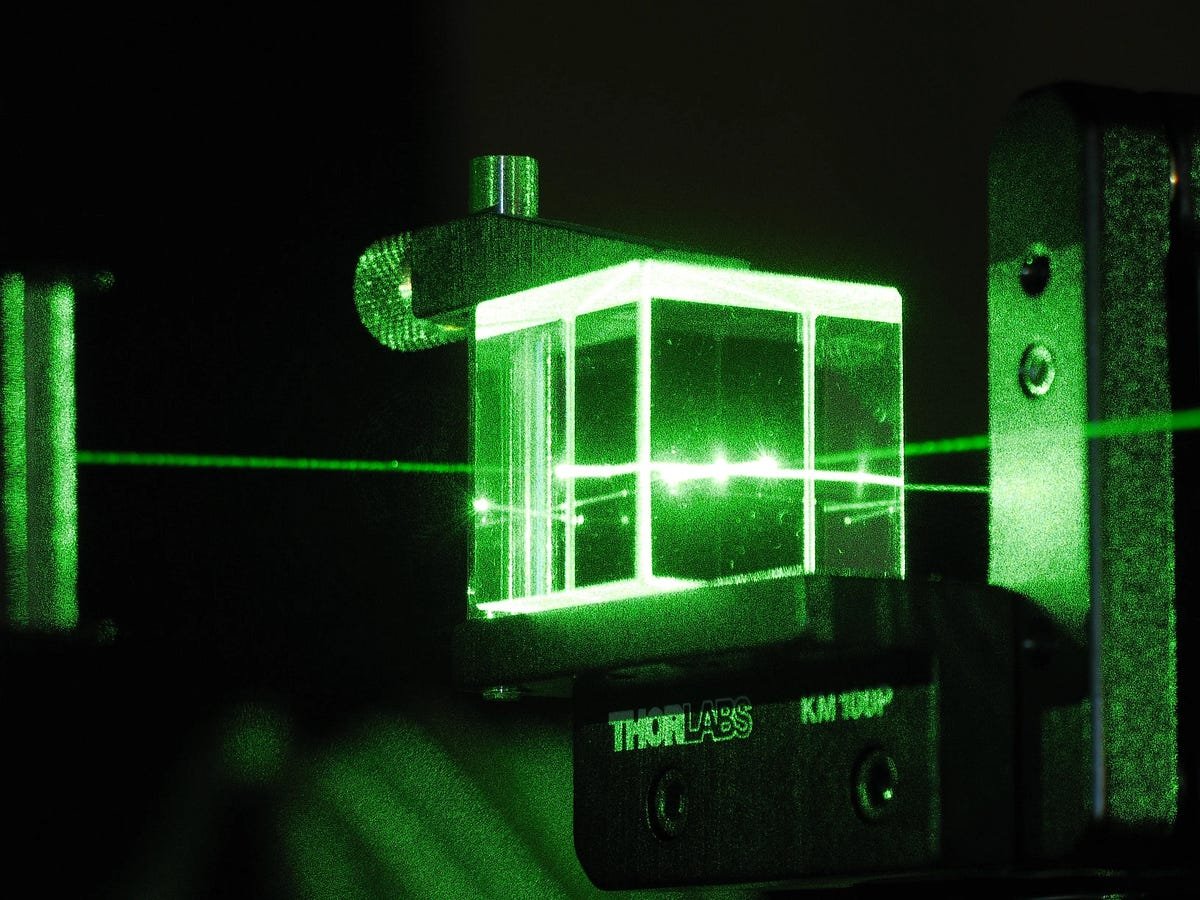Over a century after we first unlocked the secrets of the quantum universe, people find it more puzzling than ever. Can we make sense of it?
In all the Universe, with all we’ve learned about the underlying properties of reality, perhaps nothing mystifies our intuition more than the notion that reality is fundamentally quantum in nature. It isn’t puzzling so much for the fact that matter and energy can be broken down into fundamental, indivisible units known as quanta; that intuitive idea goes all the way back to ancient times, traceable to Democritus of Abdera. Instead, the troublesome aspect comes from the fact that, when we examine it closely, reality appears to be fundamentally indeterminate in nature. Moreover, the better we try and determine some aspect of it, the greater the fundamental uncertainty that arises in other places.
Is there a way to make intuitive sense of this? And how does the quantum nature of our very existence show up in our macroscopic, everyday lives? That’s what several people have recently written in to inquire, with the most succinct version of that question coming from Pat Connolly, who asks:
“Can you explain what it means to live in a quantum universe? Specifically, how does it impact and effect our “normal” day to day human activities?”
It sounds trite to say it, but our Universe as we know it, as well as life on Earth, could not possibly exist without the quantum nature of reality. Here’s how to make sense of that.
At the heart of quantum physics are a few simple realizations. The first one is obvious: that if you break the “stuff” that the Universe is made of down into its smallest, indivisible components, you will arrive at what know as fundamental particles. These particles come in two main classes:
- Fermions, which are half-integer spin particles, including quarks (like the up and down quarks that make up protons and neutrons), charged leptons (like the electron), and neutrinos, as well as their…

